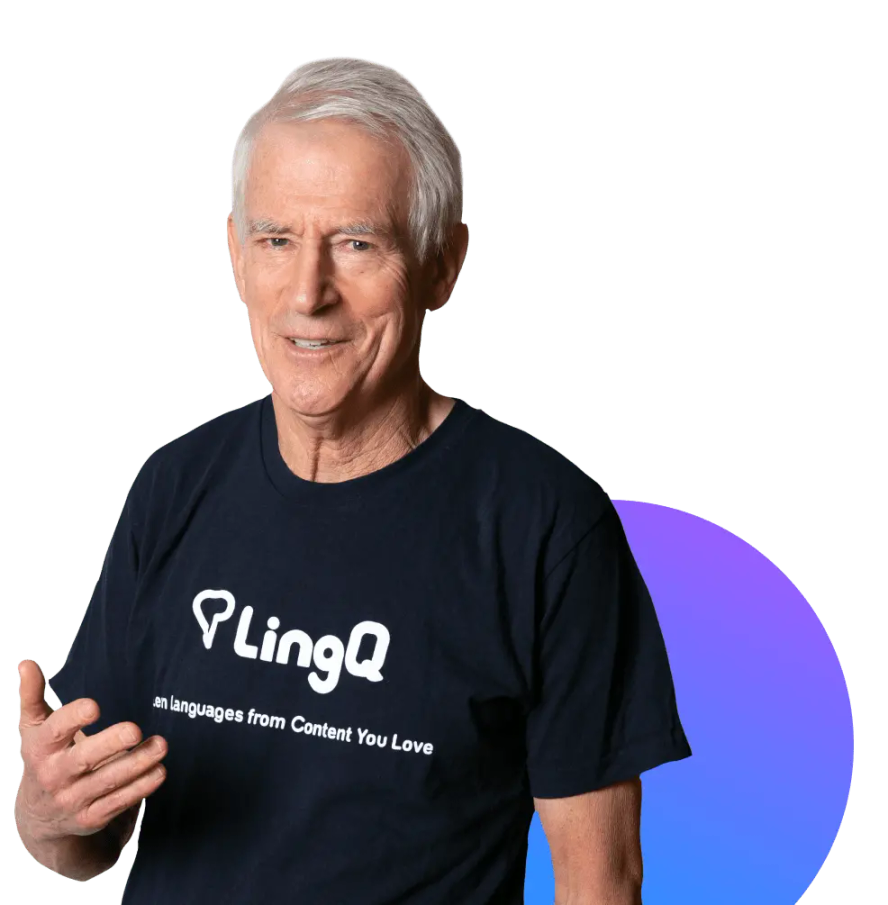
Google Translate Doesn’t Work? I disagree.
I hear all the time that Google Translate doesn’t work. It’s not accurate. It’s this and that. I think Google Translate is a tremendous resource and not only for language learners. It’s not 100% and it’s better for some languages than others, but I find it extremely useful.












